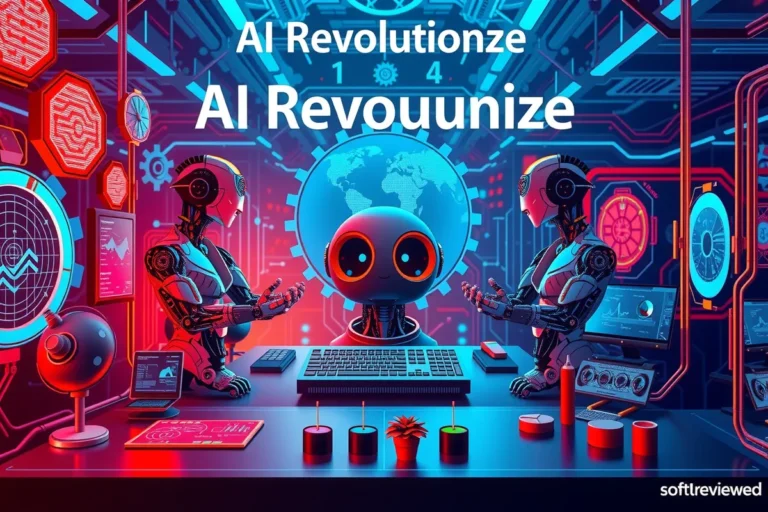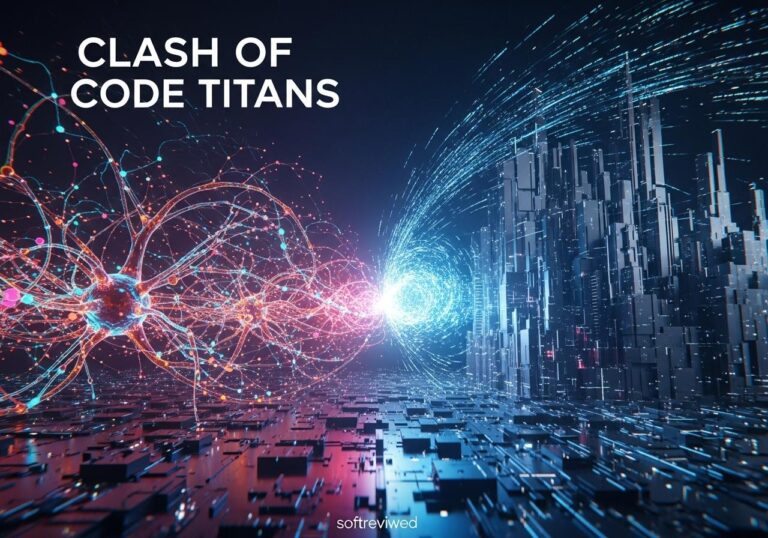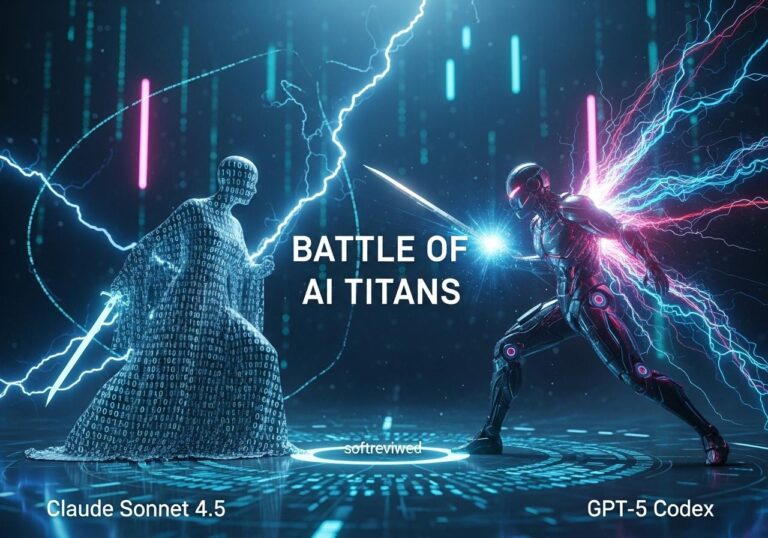OpenAI’s Operator: The Future of AI Automation
Transforming how we work with autonomous AI assistance
Autonomous Task Completion
OpenAI’s Operator is designed to independently handle real-world tasks like travel booking, coding, and workflow organization with minimal human oversight.
Workplace Transformation
Set to revolutionize work processes by automating routine tasks, raising important questions about job impacts and AI ethics in daily operations.
Industry Trend Leader
Part of a broader movement toward autonomous AI systems, with major players like Anthropic, Microsoft, and Google developing similar technologies.
2025 Launch Preview
Scheduled for release in January 2025 through OpenAI’s developer API, initially targeting developers and tech enthusiasts.
eCommerce Evolution
Poised to transform consumer interactions with online platforms and redefine the role of human customer service representatives.
Human Focus Enhancement
Enables humans to concentrate on high-value interactions and complex decision-making by automating routine tasks.
In a groundbreaking move, OpenAI is poised to unveil its latest innovation in artificial intelligence: an AI agent tool called "Operator." Set for release in January 2025, this cutting-edge technology promises to transform how we interact with computers and automate complex tasks. Let's dive into what Operator is, how it works, and what it could mean for the future of AI and automation.
What is OpenAI's Operator?
Operator is an advanced AI agent designed to perform a wide range of tasks with minimal human intervention. Unlike traditional AI models that focus on specific functions, Operator is built to handle multi-step processes across various domains. From coding to travel booking, this versatile tool aims to streamline complex workflows and boost productivity.
Key Features of Operator:
- Operates directly within web browsers
- Capable of executing complex, multi-stage tasks
- Requires minimal human supervision
- Designed for versatility across different applications
How Does Operator Work?

While the exact technical details are yet to be revealed, we know that Operator functions primarily as a web browser tool. This design choice allows it to interact seamlessly with existing online platforms and services, making it highly adaptable to various tasks and environments.
Operator leverages advanced AI technologies to understand user intentions, navigate web interfaces, and execute actions autonomously. This could include filling out forms, searching for information, or even making online purchases on behalf of the user.
The Shift Towards Agentic AI
Operator represents a significant shift in AI development, moving away from traditional model-building to focus on agent-based solutions. This transition reflects a growing industry trend, with companies like Anthropic and Microsoft also developing similar AI agent technologies.
Why the Shift?
- Plateauing of Traditional AI: Advancements in large language models and neural networks have shown diminishing returns.
- Need for Task-Specific AI: There's a growing demand for AI that can integrate seamlessly into existing workflows.
- Autonomous Decision-Making: AI agents like Operator can handle complex tasks with minimal human oversight.
Potential Applications of Operator
The versatility of Operator opens up a wide range of potential applications across various industries:
- Software Development: Automating coding tasks and debugging processes.
- Travel and Hospitality: Streamlining travel bookings and itinerary planning.
- Customer Service: Handling complex customer inquiries and requests.
- Research and Data Analysis: Gathering and synthesizing information from multiple sources.
- Personal Productivity: Managing emails, scheduling, and daily to-do lists.
Economic and Social Implications
The introduction of AI agents like Operator is likely to have far-reaching economic and social impacts:
Economic Impact:
- Increased Productivity: Businesses could see significant cost savings and efficiency gains.
- Job Market Shifts: Some roles may be automated, while new job categories could emerge.
- Innovation in Service Models: New business models may arise, leveraging AI agents for enhanced services.
Social Considerations:
- Workforce Adaptation: There will be a growing need for retraining programs to help workers adapt to an AI-augmented workplace.
- Ethical Concerns: Issues of privacy, accountability, and potential biases in AI decision-making need to be addressed.
- Digital Divide: Ensuring equal access to AI technologies will be crucial to prevent exacerbating existing inequalities.
Challenges and Concerns
While the potential of Operator is exciting, it also raises several challenges and concerns:
- Job Displacement: The automation of complex tasks could lead to job losses in certain sectors.
- Privacy and Security: Handling sensitive information and tasks raises questions about data protection.
- Ethical Decision-Making: Ensuring AI agents make ethical choices in complex scenarios is a significant challenge.
- Overreliance on AI: There's a risk of becoming too dependent on AI for decision-making and problem-solving.
The Road Ahead
As OpenAI prepares to launch Operator as a research preview, the tech world eagerly anticipates its capabilities and potential impact. The success of Operator could pave the way for more advanced AI agents, further blurring the lines between human and machine capabilities.
What to Watch For:
- Initial feedback from developers and early adopters
- Potential integration with existing OpenAI technologies like GPT
- Regulatory responses and the development of ethical guidelines for AI agents
- Competition from other tech giants in the AI agent space
How Does OpenAI’s Operator Compare to Qwen 2.5 in Task Automation and Language Processing?
OpenAI’s Operator excels in task automation and language processing, handling intricate workflows with ease. Its ability to manage one million contexts simultaneously allows for more nuanced responses and streamlined operations compared to Qwen 2. 5. This scalability enhances performance, making Operator a powerful tool for businesses and developers alike.
Conclusion
OpenAI's Operator represents a significant leap forward in AI technology, promising to change how we interact with computers and automate complex tasks. As we stand on the brink of this new era in AI, it's crucial to balance the excitement of innovation with thoughtful consideration of its broader implications.
The coming months will be critical in determining whether Operator lives up to its potential and how it shapes the future of AI and automation. One thing is certain: the world of AI is evolving rapidly, and tools like Operator are leading the charge into a new frontier of possibilities.
OpenAI Operator AI Agent – Key Development Metrics
This chart illustrates key metrics and industry impact factors related to OpenAI’s upcoming Operator AI agent, showcasing its projected capabilities and market influence.







